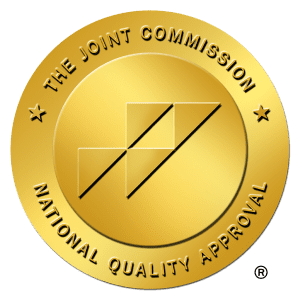At Grata we provide the most cutting edge detox services to ensure all clients are separated from Rare Substance using the safest and most comfortable methods.
Family and Aftercare Integration
In family therapy at Grata, a compassionate primary therapist will explore with the family how substance use is embedded in a cycle of interaction within the family. For example, many partners, spouses, children, adult children, and parents are in a fugitive/detective dynamic. The more the family member struggles with addiction, the more that family member may act like a fugitive (hiding, lying), the more a parent, child, or spouse acts like a detective (snooping, chasing) – and visa versa. In addition, family therapists can provide additional education about substance use for the whole family and support family members in reducing their unhelpful behaviors and increasing their effective behaviors.

Family and Aftercare Integration
69 million American spouses, domestic partners, and children live with someone who suffers from a substance use disorder. Grata understands that not only the addicted family member adapts to harmful addictive behaviors, but everyone in the family also copes with their addiction. Grata is here to help close relationships and families heal.
The Grata Clinical Team and Support Staff take our clients from phase 1 of treatment, medical detox (7-21 days), to focusing on phase 2- residential treatment, which focuses on psychotherapies and case management, to the final phase, which is the implementation of a practical aftercare planning and integrating the client back home into their close relationships and family.
Family and Aftercare Integration
In family therapy at Grata, a compassionate primary therapist will explore with the family how substance use is embedded in a cycle of interaction within the family. For example, many partners, spouses, children, adult children, and parents are in a fugitive/detective dynamic. The more the family member struggles with addiction, the more that family member may act like a fugitive (hiding, lying), the more a parent, child, or spouse acts like a detective (snooping, chasing) – and visa versa. In addition, family therapists can provide additional education about substance use for the whole family and support family members in reducing their unhelpful behaviors and increasing their effective behaviors.

Family and Aftercare Integration
69 million American spouses, domestic partners, and children live with someone who suffers from a substance use disorder. Grata understands that not only the addicted family member adapts to harmful addictive behaviors, but everyone in the family also copes with their addiction. Grata is here to help close relationships and families heal.
The Grata Clinical Team and Support Staff take our clients from phase 1 of treatment, medical detox (7-21 days), to focusing on phase 2- residential treatment, which focuses on psychotherapies and case management, to the final phase, which is the implementation of a practical aftercare planning and integrating the client back home into their close relationships and family.
Treatment at a Glance
Detox
Residential Care
After detox, Clients move into residential care to treat the root of the addiction and explore ways to move forward without substance abuse.
Aftercare
During you stay at Grata we create an aftercare plan tailored to each individual’s needs to maintain long lasting sobriety.

Treating Families
Grata’s evidence-based approach to family and addiction therapies focuses on the relationships, and aims to understand and validate the experiences of all family members. The goal of family therapy is to bring clarity to all relationships, and to foster repair and closeness if family members choose. Our therapists believe that problems exist between people, not within people.
Positive Outcomes Through Intensive Aftercare and Grata’s Clinical Case Management-
Grata’s Aftercare Planning entails coaching, goal-setting, task and behavioral-centered modalities, relapse prevention planning, solution-focused therapies, Motivational Interviewing™ (MI), and clinical guidance on maintaining sobriety from experienced therapists, case managers, and social workers. Grata clinical social workers empower clients to outline their recovery plan over the next year. Including the facilitation of community-based supports, weekly addiction psychotherapy, (ASAM Certified) addiction specialist medical doctors appointments/zoom consultations before discharge. Lock-in follow-up appointments with the client’s care team back home. Grata provides weekly Zoom or Face-to-face follow-ups with our alums for a month after treatment and stepped down to one time per month for the first year of sobriety (depending on levels of need).


In family therapy at Grata, a compassionate primary therapist will explore with the family how substance use is embedded in a cycle of interaction within the family. For example, many partners, spouses, children, adult children, and parents are in a fugitive/detective dynamic. The more the family member struggles with addiction, the more that family member may act like a fugitive (hiding, lying), the more a parent, child, or spouse acts like a detective (snooping, chasing) – and visa versa. In addition, family therapists can provide additional education about substance use for the whole family and support family members in reducing their unhelpful behaviors and increasing their effective behaviors.
Family therapists help identify new skills and coach family members in practicing these new skills.

Treating Families
Grata’s evidence-based approach to family and addiction therapies focuses on the relationships, and aims to understand and validate the experiences of all family members. The goal of family therapy is to bring clarity to all relationships, and to foster repair and closeness if family members choose. Our therapists believe that problems exist between people, not within people.

Positive Outcomes Through Intensive Aftercare and Grata’s Clinical Case Management-
Grata’s Aftercare Planning entails coaching, goal-setting, task and behavioral-centered modalities, relapse prevention planning, solution-focused therapies, Motivational Interviewing™ (MI), and clinical guidance on maintaining sobriety from experienced therapists, case managers, and social workers. Grata clinical social workers empower clients to outline their recovery plan over the next year. Including the facilitation of community-based supports, weekly addiction psychotherapy, (ASAM Certified) addiction specialist medical doctors appointments/zoom consultations before discharge. Lock-in follow-up appointments with the client’s care team back home. Grata provides weekly Zoom or Face-to-face follow-ups with our alums for a month after treatment and stepped down to one time per month for the first year of sobriety (depending on levels of need).

In family therapy at Grata, a compassionate primary therapist will explore with the family how substance use is embedded in a cycle of interaction within the family. For example, many partners, spouses, children, adult children, and parents are in a fugitive/detective dynamic. The more the family member struggles with addiction, the more that family member may act like a fugitive (hiding, lying), the more a parent, child, or spouse acts like a detective (snooping, chasing) – and visa versa. In addition, family therapists can provide additional education about substance use for the whole family and support family members in reducing their unhelpful behaviors and increasing their effective behaviors.
Family therapists help identify new skills and coach family members in practicing these new skills.
Your Journey to Wholeness Begins with Only a Willingness
We’re here to encourage and support you.
Start On Your Path today!
Need Clarity? Text or Call our Admissions Team Anytime.
Your Journey to Wholeness Begins
with Only a Willingness
We’re here to encourage and support you: Start On Your Path today! Need Clarity?
Text or Call our Admissions Team Anytime.
Family Therapies and Healing Integration
- Family Re-engagement
- Relational Reframing
- Family Systems Behavior Change
- Family Restructuring
- Addressing Codependency and Boundaries
- Non-judgment and Empathy
- Repair of Connection, Trust, Autonomy, Love and Intimacy
- Learning to Expect the Best and Get It!
Aftercare Applied
- Maintaining recovery
- Finding ways to prevent relapse
- Discovering a life filled with good relationships
- Work/Life counseling and support
- Addiction Focused Psychotherapies
- Sense-of-Self development
- Family Therapies and Relational Support
- Treatment Plan monitoring
- Follow up with health care therapy providers – continuum of care
- Legal advice and support
- Long-term support through major, life transitions
- Case management
- Substance abuse monitoring
- Coaching and goal-setting
- Community building
- Vocational and academic support
- Financial planning and goal facilitation

Grata Approach to Family and Aftercare Integration
Studies show that people who attend aftercare support programs experience fewer instances of relapse than patients who do not receive aftercare support.
Let Grata support you in reducing stress, fear, and uncertainty with our family therapy, continued follow-up and personalized aftercare program.
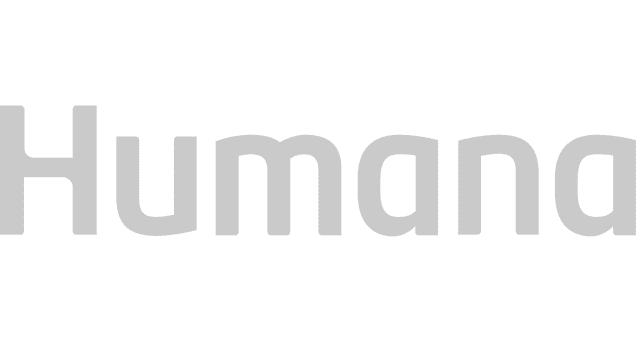
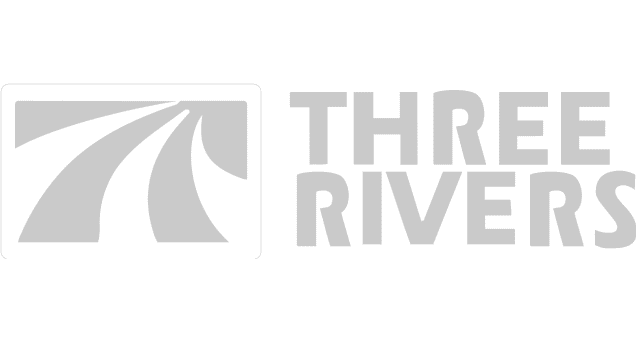
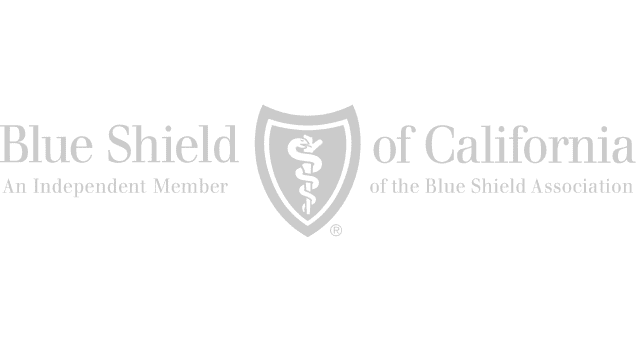
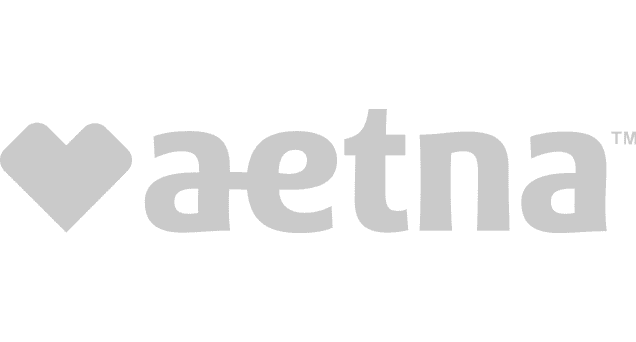
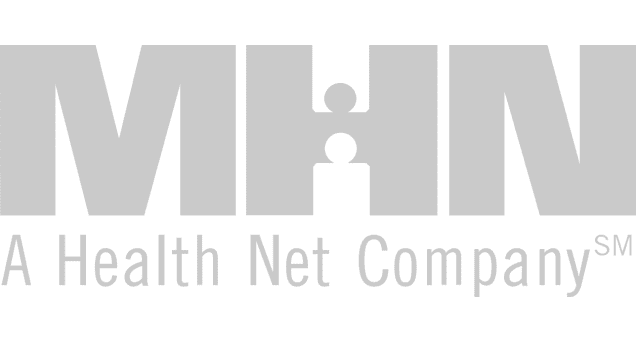

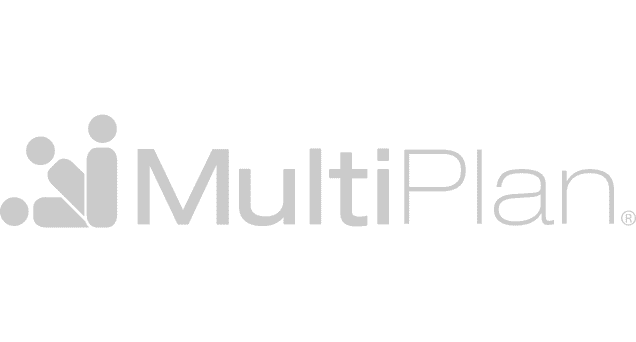

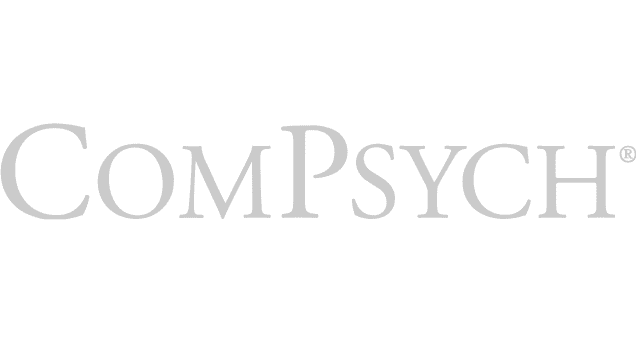

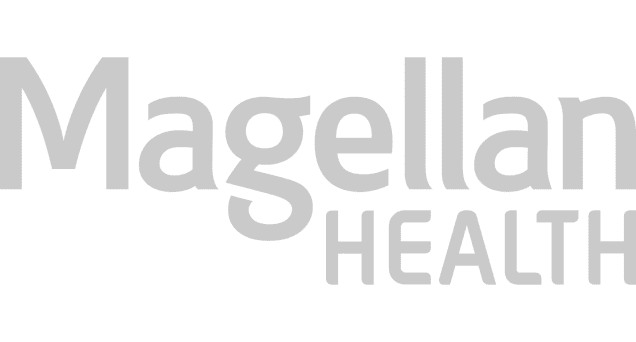
Your Journey to Wholeness Begins
with Only a Willingness
We’re here to encourage and support you.
Start On Your Path Today!
Need Clarity? Text or Call our Admissions Team Anytime.
Your Journey to Wholeness
Begins with Only a Willingness
We’re here to encourage and support you. Need Clarity? Text or Call our Admissions Team Anytime.
Start On Your Path today!
